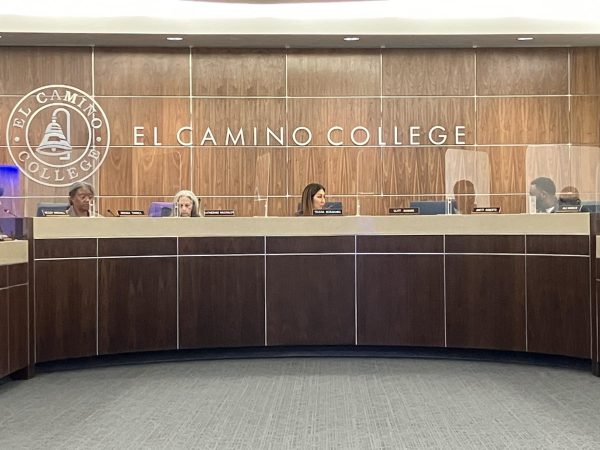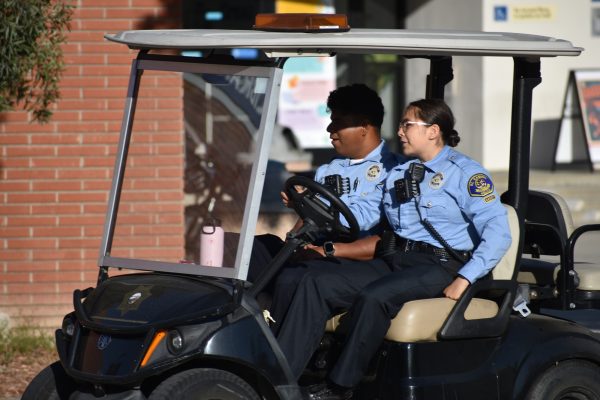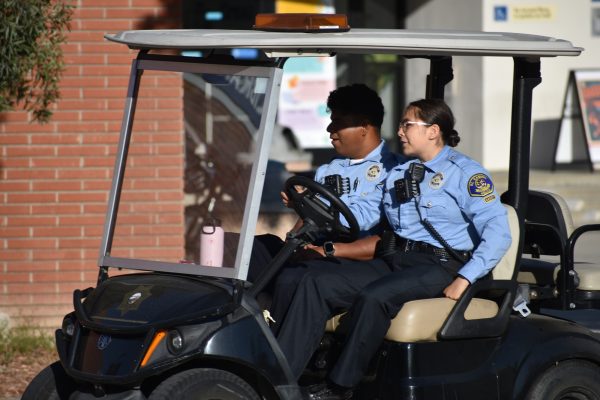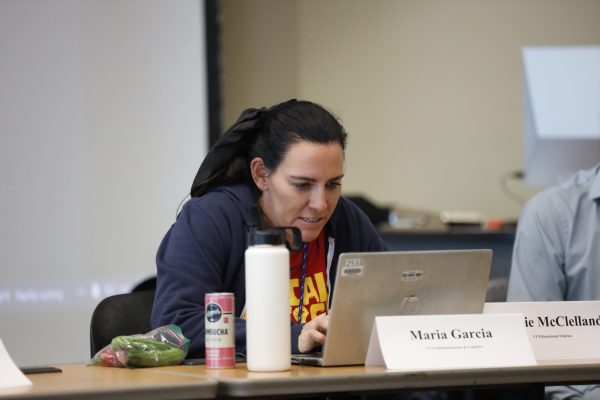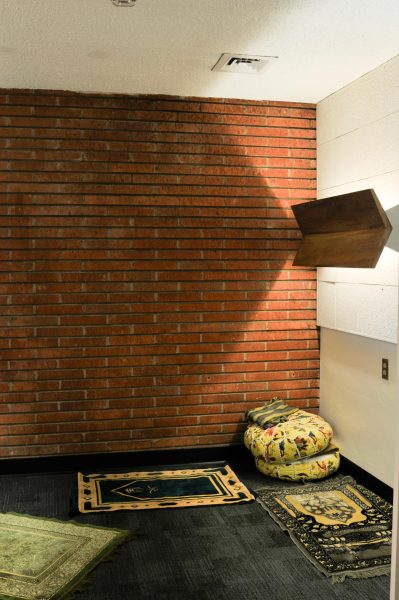COVID-19 Task Force institutes ban on nonessential travel
In wake of the rapid rise in coronavirus cases across the United States and in California, all nonessential travel by El Camino College students and employees has been banned until further notice, officials said Monday, March 9.
Out of caution, administration officials are attempting to mitigate potential exposure to the coronavirus as the risk of contracting it is heightened at airports and large gatherings.
“One of the things that we’ve seen as the situation has evolved is that exposure to large group gatherings and travel has become increasingly a factor in terms of exposure and infection,” ECC Public Information Officer Marc Stevens told The Union.
The restrictions placed on nonessential travel expands to any travel that does not relate to an essential function of ECC, Stevens said. He also cited the confirmed cases and quarantines at Cal State Long Beach and said it gives an example of what can happen if ECC does not take swift action to cancel nonessential travel to stop a similar situation from occurring locally.
“We’re a large community. There’s a lot of close interaction,” Stevens said. “We need to be very proactive and very deliberate in trying to eliminate, to the extent possible, the risk of exposure, the risk of contact.”
Stevens added that he is not aware of any nonessential travel that has been greenlit by the task force and that there continues to be new matters discussed and reviewed by its members.
In a campus advisory, ECC President and Superintendent Dena Maloney explained how ECC has reached Level 2 of a Pandemic Outbreak Plan, an emergency plan devised by the COVID-19 Task Force to minimize the ECC community’s risk of contracting COVID-19.
She also noted how an upcoming meeting on Friday, March 13 will explore the possible need for classes to go online and gauge whether professors are equipped to conduct courses via Canvas and ConferZoom.
Stevens also noted how the Pandemic Outbreak Plan has a contingency for classes to be shifted to online instruction in the event of a local confirmed case or quarantine.
“In the coming days, there’s going to be information and training provided to faculty on Canvas and [ConferZoom] that would, if needed, allow faculty to move in-class instruction to an online format,” Stevens said.
The proposal of going online also brings up questions regarding whether students have access to technology and devices that would be required for online learning. Stevens said this topic will be explored by COVID-19 Task Force members at a meeting Friday, March 13, and until any decision has been made, the entire ECC community will continue business as usual.
The outbreak plan includes further levels if the situation at ECC worsens, detailing directions for reporting COVID-19 cases within ECC to authorities, guidelines for how to respond to confirmed cases and an ensuing disinfecting protocol.
Study abroad programs, conference trips cancelled
Prior to the ban on nonessential travel, English Professor Chelsea Henson was planning to co-lead a study abroad trip with ECC students to Ireland in the summer of 2020.
The five-week program had students slated to take part in various study abroad activities including a live medieval monastery excavation as well as other excursions in Trim, a town in County Meath, Ireland.
Henson found out from a campus-wide email on Monday, March 9 that all nonessential travel would be banned for the foreseeable future and, after correspondence with administration officials, learned officially that the study abroad Ireland program was canceled.
“I do understand the rationale. I think that they’re right to be putting the safety of the student population and faculty population at the top of their list,” Henson told The Union. “I think it’s hard to know what’s going to happen — it’s really in flux and it could be by the end of June, everything will be fine again. But it’s impossible to know that.”
The news came in tandem with the study abroad Spain program also being cancelled, which was scheduled for summer 2020 as well.
“Obviously, I’m disappointed,” Henson said. “I’m pretty bummed out because we’ve been working on a plan for this since the summer [of 2019] but the good news is that we’re going to try to have the program in basically the exact form in 2021.”
For students still interested in participating in the program, they’ll have an additional year to budget and save money for the program as students take part on their own dime, Henson added.
“We were sort of fortunate in that none of the students that were interested had made deposits yet,” Henson said. “We were just getting ready to do that, but because we were sort of a little bit behind with getting things rolling on this program, no money had changed hands yet — which makes it less complicated in some ways.”
On Wednesday, March 11, United States President Donald Trump issued a travel ban on 26 European countries, including Ireland, after blaming Europe for not swiftly addressing coronavirus, according to The Associated Press. A sharp restriction on flights from Europe to the United States will begin Friday, March 13.
English Professor Kevin Degnan also had travel plans that were subsequently shifted. He was going to attend a conference at West Los Angeles College in March, but after deliberation by administration officials, Degnan’s trip was cancelled.
Any comment on travel needs to be balanced with the bigger picture of public health, Degnan told The Union.
“I’m super bummed. It was going to be a good professional development opportunity and it was going to help me be a better citizen for the campus,” Degnan said. “But I also recently went to a similar professional development just last month and there’ll be another one next year. It’s going to be okay.”
Degnan added that he views the precautions ECC administration officials are taking to be very similar to what other community colleges in the area are considering.
“I think the college’s measures do seem to be warranted, it seems a really good idea to limit exposure so fewer people on campus are exposed to potential illness,” Degnan said. “I think it’s good the college has come up with a plan in stages.”
This is a developing story. Please refresh this page to get the latest updates.
Editor’s Note: A picture was added to this article on Tuesday, March 10 at 10 p.m. This story was also updated with new input from professors and administration officials on Thursday, March 12, at 6:30 a.m.



